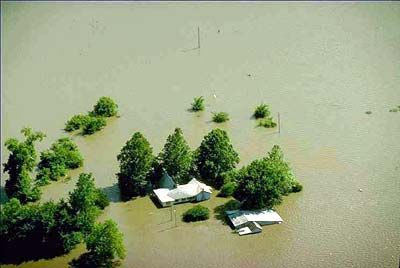The first life insurance shopping tip is to buy when you're young and healthy. But don't buy insurance too young. Wait until you have your first dependent. Young, healthy people pay much lower premiums, so look for a policy that has a fixed premium for the length of the policy.
Now what about those pesky life insurance salespeople? Insurance salespeople, like car salespeople, get a bad rap because their income depends on commissions. Naturally, it's in the salesperson's best interest to leave out any bothersome details that might prevent you from buying the most expensive product. That said, a good insurance salesperson can help tailor a policy that's exactly right for your needs. But it certainly pays to be an educated consumer.
Think hard before you buy a permanent life insurance policy. Insurance salespeople push whole life and other cash-value policies because they're big moneymakers for the insurance company and for the salesperson. If you buy a permanent life policy, as much as 80 percent of your first year of premium payments will go straight to the salesperson's commission. With a term life policy, he or she'll only get 10 percent [source: Money.com].
The truth is that most people don't need permanent life insurance policies. They only need to replace their income until they've reached retirement age or their dependents are old enough to take care of themselves.
Insurance agents try to sell permanent life policies as investment vehicles and important cash reserves for low-interest loans. The problem with this argument is that there are many other tax-deferred investment instruments out there that have lower commissions and greater flexibility than permanent life insurance. IRAs and 401(k)s protect earnings from taxes, charge tiny commissions and allow account holders complete control over their investments. To have that kind of flexibility and control with a permanent life insurance policy, you'd need to buy a universal variable policy, which charges high premiums and high commissions.
The idea of borrowing money from the cash value of your insurance policy also sounds attractive. But first consider your credit history and the likelihood of accruing more debt. If you have a good credit score, you can get low-interest loans from banks and other lenders. And if you default, you won't eat up your life insurance death benefit (the main reason you bought the policy in the first place). But if you have a bad credit history, and there's a good chance that you'll be taking on even more debt, then the interest rates offered by a life insurance policy might be attractive.
Also make sure that you're aware of the consequences for canceling an existing life insurance policy and buying a new one. Some policies charge expensive early termination fees, and you may be subject to additional "start-up costs" to activate the new policy. If you bought your existing policy when you were young, then you're surrendering a relatively low fixed premium. Sometimes there are waiting periods before you can access cash reserves in a new policy, and there can also be tax consequences for switching policies. Bottom line: Speak with a representative of your existing company before signing up with a new one.
The Web can be a great resource for shopping for life insurance. Sites like Insure.com let you fill out a questionnaire about your insurance needs and compare prices from many vendors. Look for companies that are highly rated by an independent institution like Standard and Poor's and A.M. Best [source: Money.com].
For even more information on insurance, financial planning and related topics, investigate the links that follow.







